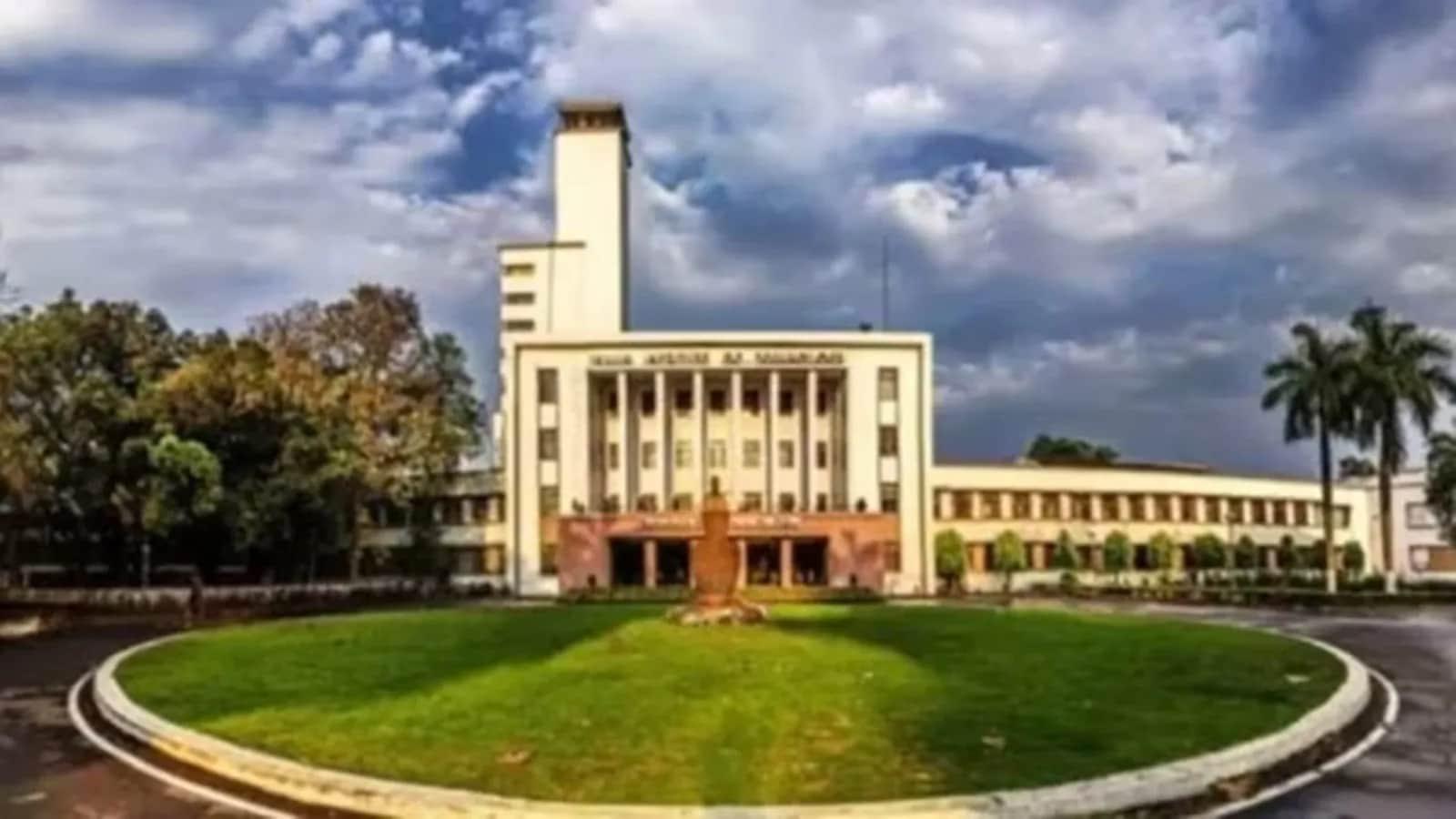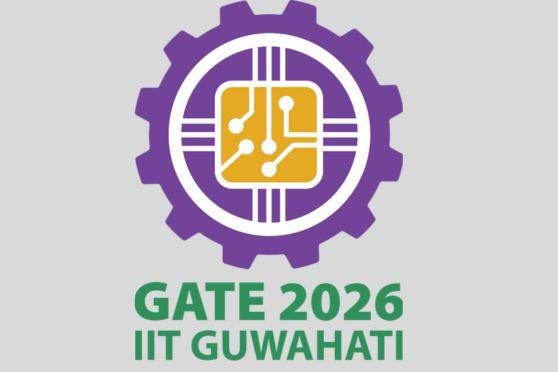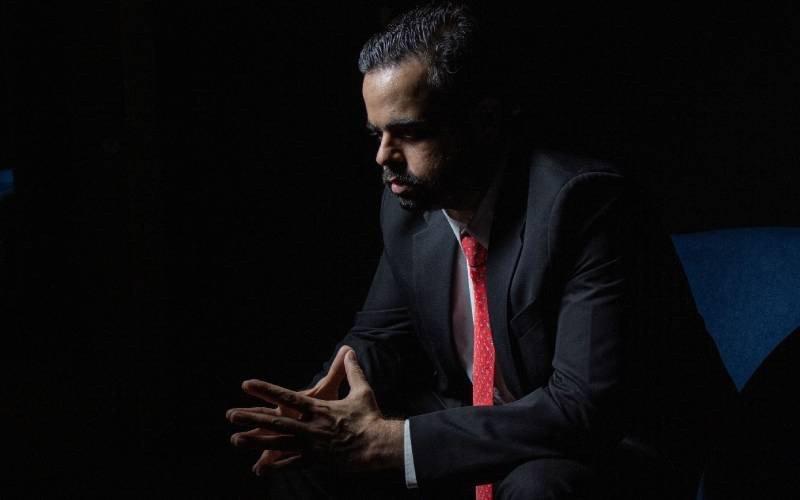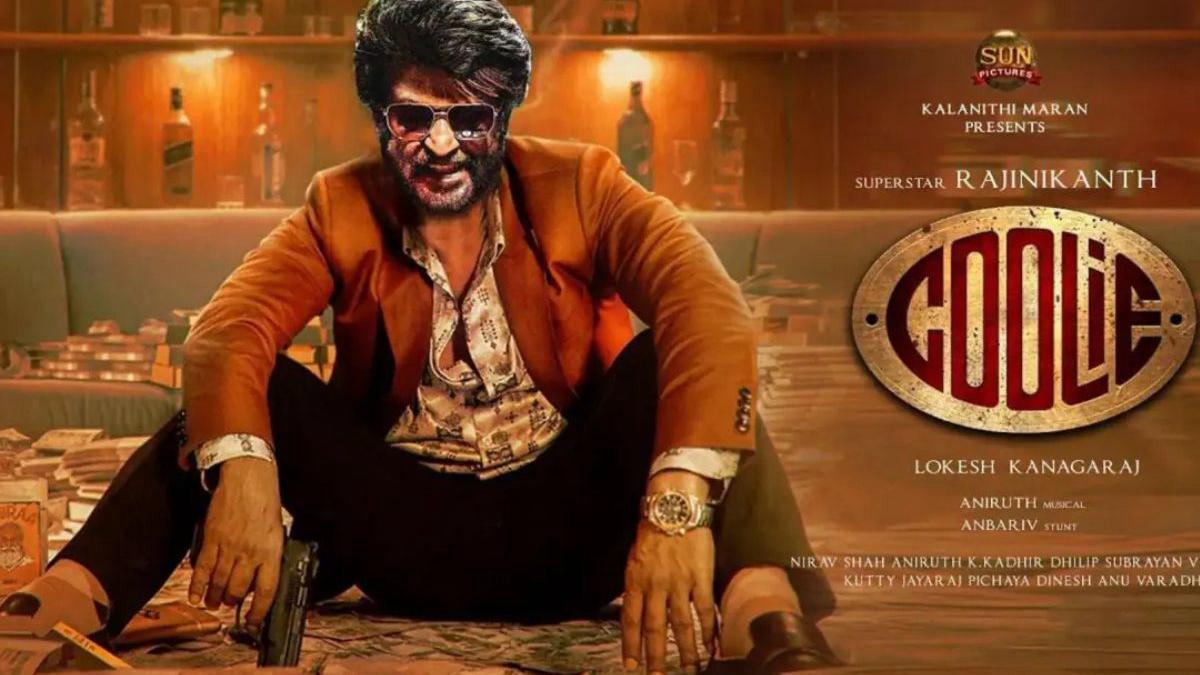
Follow WOWNEWS 24x7 on:
Prime Minister Narendra Modi is set to embark on a high-stakes diplomatic tour covering Japan and China between August 29 and September 1, 2025. The four-day visit comes at a time when India is recalibrating its strategic position in Asia amid evolving geopolitical dynamics, economic challenges, and shifting power balances. The trip is expected to touch upon trade, security, technology, connectivity, and regional stability, making it one of the most closely-watched foreign engagements of the year.
The visit will also signal India’s effort to strengthen bilateral ties with two of Asia’s largest economies while balancing competition with cooperation, especially with China, where ties have remained complicated in recent years.
Key Highlights From The Announcement
Prime Minister Narendra Modi will begin his visit in Tokyo, where he will hold wide-ranging talks with Japanese Prime Minister Fumio Kishida.
Discussions in Japan are expected to focus on defense partnerships, cutting-edge technologies, semiconductor cooperation, and economic investments in critical infrastructure.
In Beijing, Modi is scheduled to meet Chinese President Xi Jinping, with the agenda centering around border stability, trade ties, and regional cooperation.
The visit marks the first bilateral tour to China since the 2020 border tensions, making it a highly anticipated diplomatic engagement.
Regional issues, including Indo-Pacific security and cooperation frameworks, are expected to dominate the dialogue in both countries.
Focus On Strengthening Indo-Japan Ties
The India-Japan partnership has grown steadily over the past decade, built on shared democratic values and complementary economic goals. In Tokyo, Modi will likely push forward discussions on:
Accelerating Japanese investments in Indian infrastructure projects, particularly high-speed rail, green energy, and smart cities.
Expanding defense collaboration in the Indo-Pacific, including joint exercises and maritime security.
Enhancing partnerships in advanced technologies such as semiconductors, artificial intelligence, and clean hydrogen.
Deepening people-to-people and cultural exchanges, reinforcing the long-standing friendship between the two nations.
The Tokyo leg of the visit also gains importance in light of Japan’s growing role in regional security and its close coordination with the United States. India’s bilateral discussions with Kishida will emphasize both strategic and economic dimensions of the relationship.
Critical Engagement With China
The second phase of the tour will see Modi travel to Beijing. This visit is viewed as particularly significant due to the complex relationship between India and China. The focus areas are expected to include:
Dialogue on maintaining peace and stability along the disputed border areas.
Efforts to rebalance the growing trade deficit between India and China through fairer market access.
Strategic talks on regional frameworks where cooperation and competition coexist, especially in Asia-Pacific.
Building communication channels to ensure that tensions do not disrupt economic and security cooperation in multilateral forums such as BRICS and the G20.
Analysts suggest that this leg of the trip will be one of cautious diplomacy, with both sides looking to prevent further escalation of tensions even while acknowledging deep-rooted challenges.
Implications For Regional And Global Politics
This visit gains special relevance in the broader geopolitical context. With global economies struggling under post-pandemic recovery pressures and ongoing conflicts destabilizing multiple regions, India’s proactive diplomacy could reshape alliances and partnerships in Asia. Both Japan and China are central to India’s long-term vision of securing economic growth, ensuring security in the Indo-Pacific, and positioning itself as a major balancing force in global politics.
Closing Perspective
Prime Minister Modi’s upcoming visit to Japan and China represents more than routine diplomacy. It is a symbol of India’s evolving foreign policy, which aims to strengthen partnerships, manage rivalries, and project confidence on the global stage. The outcomes of this tour could set the tone for India’s Asian strategy in the coming decade, with potential ripple effects across trade, defense, and regional stability.
Source: Ministry of External Affairs, The Hindu, Indian Express






